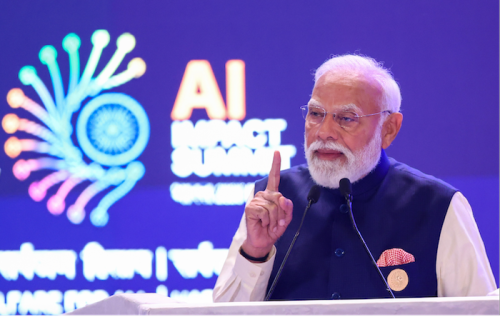Russia wants to cut itself off from the global internet. Early this year, a “sovereign internet” law was proposed before the country’s parliament to require that internet service providers use only domestic exchange points. All Internet traffic inside Russia would be controlled, hence more robust against foreign “security threats” (ahem, the United States). At least, that is according to the proposal’s proponents, President Vladimir Putin being one.
Internet traffic relies on two main functions: a Domain Name Service (DNS) that tells you “where” (which server) to get your information and a Routing Protocol to tell you “how” (the detailed router-to-router path) to reach that server. By owning DNS and routing information, Russia can redirect and censor the traffic anyway it wants. So, one day if you are inside Russia trying to access “facebook.com”, you could be redirected to “vk.com”, a Russian equivalence.
Many ISPs who are currently using exchange points outside Russia or owned by foreign countries would have to connect to one inside. It would be expensive though. The general public has voiced out strongly against the law. Some 15,000 people took to the streets in Moscow to protest.
But it does not matter. The law was signed by Putin in May. It came into effect a few days ago. Why is Russia doing all this? The majority of today’s DNS main servers are in the US and “whoever controls the DNS directory controls the internet,” said Ameet Naik, an expert on internet monitoring for the software company ThousandEyes.
One should respect any government’s decision to put their country first, but this Russian law claiming a kind of “sovereignty” over the Internet is a step backward for a modern society. No action should jeopardize the right of people to free speech and freedom of information online.










